Bill Snyder
-

Preserving NIH’s Fogarty International Center crucial for global health efforts
This week Douglas Heimburger, M.D., M.S., professor of Medicine at Vanderbilt, joined a growing chorus calling for preservation of the Fogarty International Center of the National Institutes of Health (NIH). Read MoreMay 26, 2017
-

Study finds common brain scanning technique maps electrical activity as precisely as more invasive methods
A commonly used brain scanning technique can map electrical activity under the skull as precisely as more invasive methods that rely on probes or electrodes, researchers at Vanderbilt University Medical Center (VUMC) reported this month. Read MoreMay 25, 2017
-

Glowing receptors help find and track cancerous growth
Under the microscope, they sparkle like emeralds, these molecules that may hold a key to understanding — and stopping — cancerous growth. Read MoreMay 18, 2017
-
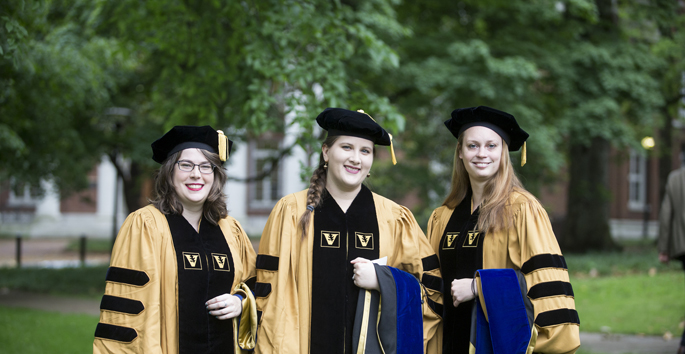
Biomedical Sciences graduates driven by pursuit of discovery
When Allison Norlander was visiting biomedical science graduate programs in 2011, she nearly crossed Vanderbilt off her list before she even visited. After six interview trips, she was worn out. Read MoreMay 18, 2017
-

Blood type link to cancer survival
Blood type A was associated with longer ovarian cancer survival in a recent Vanderbilt-led study. Read MoreMay 17, 2017
-
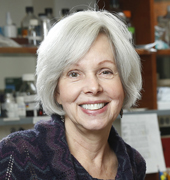
Richmond to speak at national VA research conference on cancer immunotherapy
Vanderbilt University cancer researcher Ann Richmond, Ph.D., 2016 recipient of one of the highest honors for scientific achievement bestowed by the U.S. Department of Veterans Affairs, will be a keynote speaker during a national VA research conference next week at Vanderbilt University School of Medicine. Read MoreMay 11, 2017
-

Scientists create unique disease ‘catalog’ linked to immune system gene variations
A study led by researchers at Vanderbilt University Medical Center (VUMC) and the University of Arizona College of Pharmacy has generated the first comprehensive catalog of diseases in a single population associated with variations in HLA genes that regulate the body's immune system. Read MoreMay 10, 2017
-
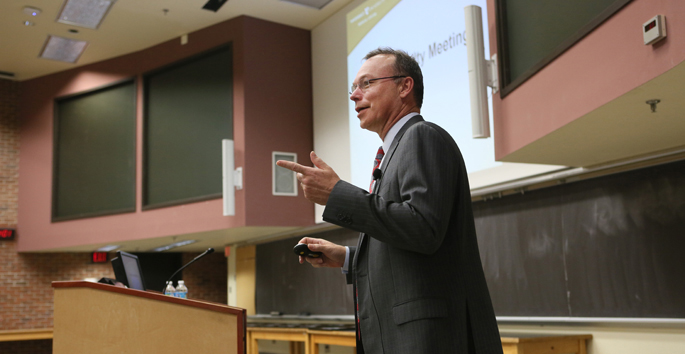
Faculty meeting highlights VUMC’s achievements, goals
Vanderbilt University Medical Center (VUMC) is known for world-renowned research, national leadership in training health care professionals and for the most cutting-edge medical care for complex conditions. Read MoreMay 4, 2017
-

Awards honor contributions, skills of VUMC research staff
Laboratory and administrative personnel at Vanderbilt University Medical Center were honored last week for research excellence during the 13th annual Research Staff Awards luncheon at the University Club. Read MoreMay 4, 2017
-

Study seeks to reverse precancerous stomach lesions
Vanderbilt University Medical Center cancer researcher James Goldenring, M.D., Ph.D., has received a two-year, $200,000 grant from the DeGregorio Family Foundation in Pleasantville, New York, to begin clinical trials of a potential approach for reversing precancerous stomach lesions. Read MoreMay 4, 2017
-
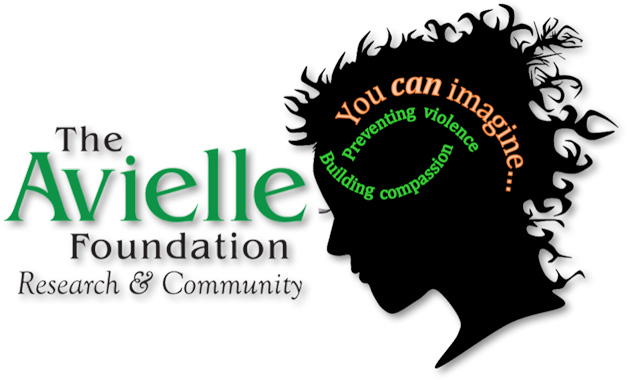
Science of Violence and Compassion subject of panel discussion
“The Science of Violence and Compassion” is the subject of a panel discussion that will begin at 7 p.m. Thursday, May 4, at the Adventure Science Center. Read MoreApr 27, 2017
-
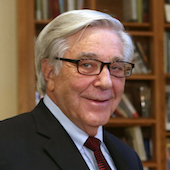
Hudson to receive Protein Society’s Brändén Award
Vanderbilt University biochemist Billy Hudson, Ph.D., has been awarded the 2017 Carl Brändén Award by The Protein Society for exceptional contributions to science, education and service. Read MoreApr 27, 2017
-

Faculty members join March for Science
Among the thousands of scientists and their supporters who participated in Saturday’s March for Science in Nashville and in Washington, D.C., were several faculty members from Vanderbilt University Medical Center and Vanderbilt University. Read MoreApr 27, 2017
-

Children at risk for complications from brown recluse spider bites: study
Medical complications of brown recluse spider bites are uncommon but they can be severe, particularly in children, researchers at Vanderbilt University Medical Center (VUMC) reported April 19. Read MoreApr 27, 2017
-

Grant bolsters Nakagawa’s research on autism, other brain disorders
Terunaga Nakagawa, M.D., Ph.D., associate professor of Molecular Physiology and Biophysics, has received a two-year, $100,000 grant from the Brain and Behavior Research Foundation to continue his studies of the molecular underpinnings of autism and other brain disorders. Read MoreApr 20, 2017
-

Graduate student’s research lauded by P.E.O. Sisterhood
Nicole Perry, a graduate student in Pharmacology at Vanderbilt University School of Medicine, is one of 100 doctoral students in the United States and Canada selected to receive a $15,000 P.E.O. Scholar Award this year from the P.E.O. Sisterhood, a philanthropic educational organization based in Des Moines, Iowa. Read MoreApr 20, 2017
-
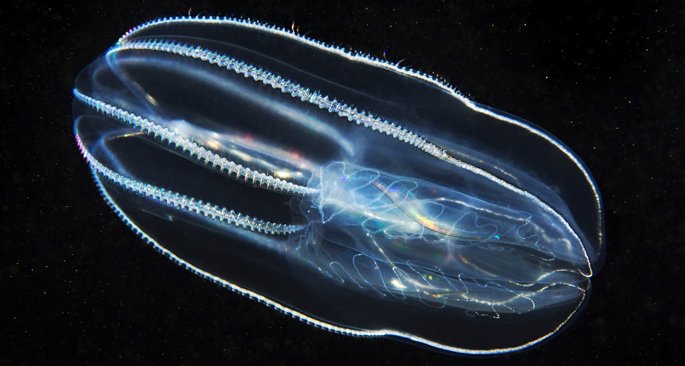
Ancient sea creature unlocks a mystery of how tissue developed
The dawn of the Animal Kingdom began with a collagen scaffold that enabled the organization of cells into tissues. Read MoreApr 20, 2017
-

Vanderbilt-led study shows high-salt diet decreases thirst, increases hunger
Salted peanuts make you thirsty so you drink more: that’s bartender wisdom. While that may be true in the short-term, within 24 hours increasing salt consumption actually makes you less thirsty because your body starts to conserve and produce water. Read MoreApr 18, 2017
-
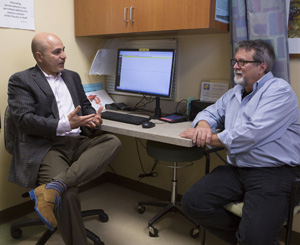
Trial to test implantable device to ease gastroesophageal reflux
For more than a dozen years Buz Harrison, a Nashville-based media producer, has been plagued by gastroesophageal reflux disease (GERD). Read MoreApr 13, 2017
-
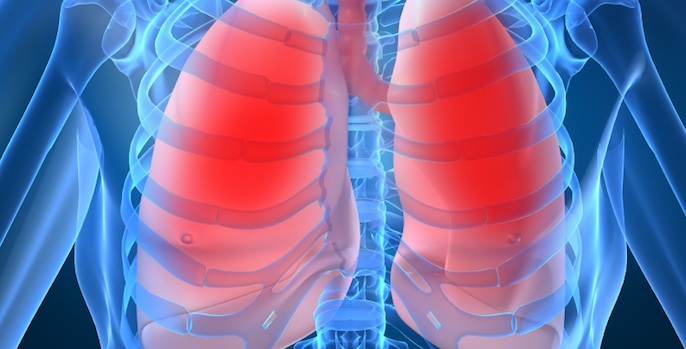
Clue to pulmonary hypertension
Vanderbilt investigators have studied the relationship between race, cardiometabolic traits and pulmonary hypertension. Read MoreApr 13, 2017